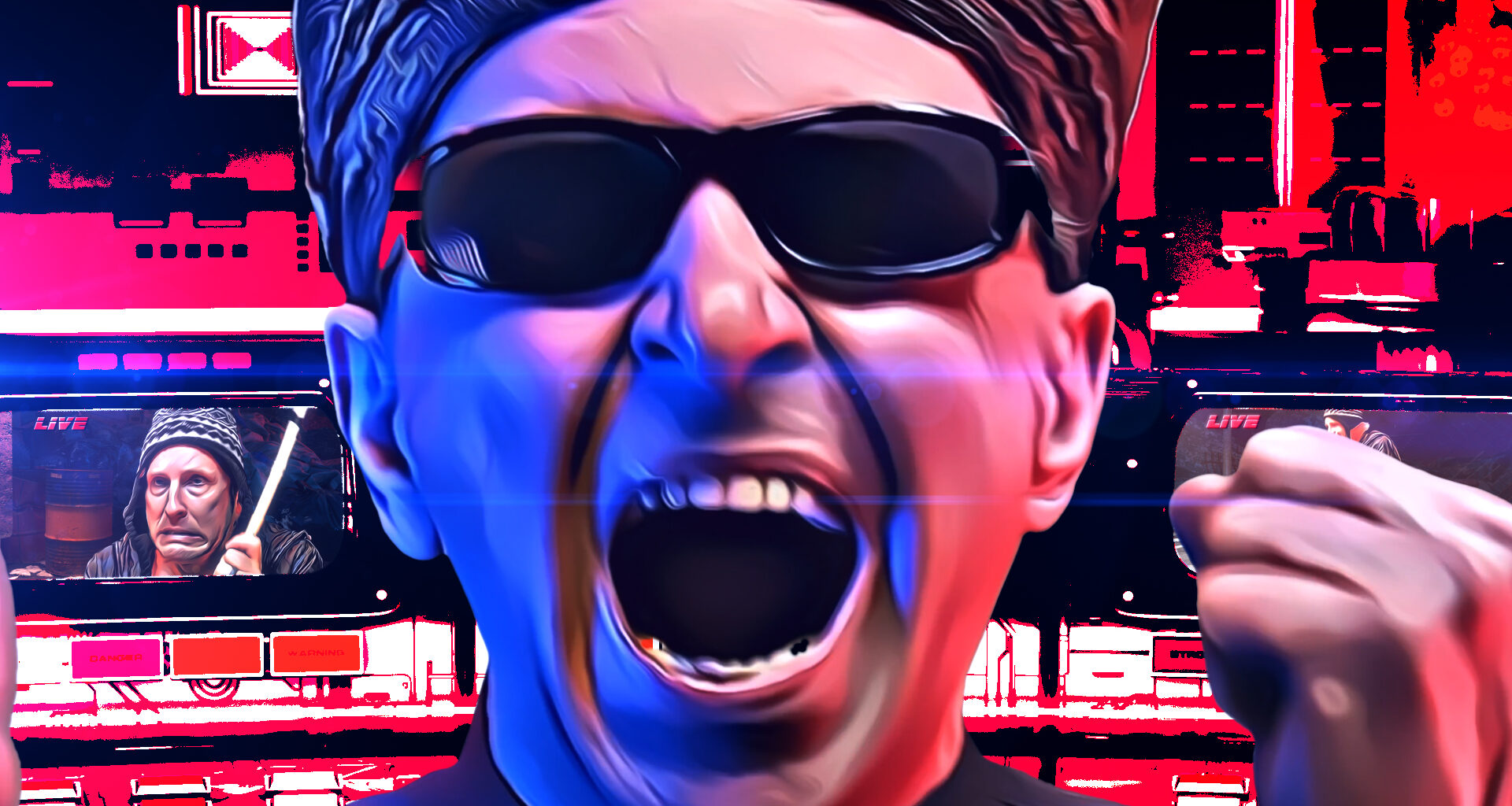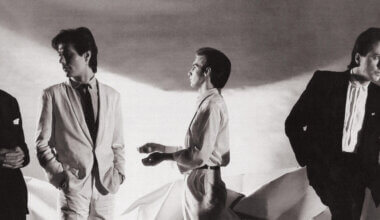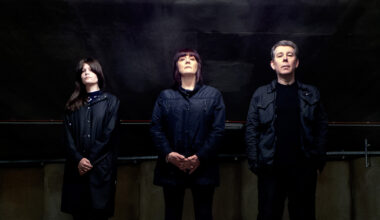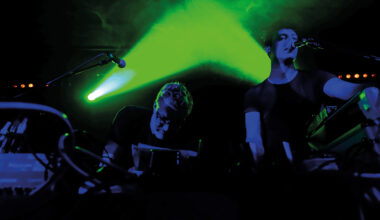When Devo’s Gerald V Casale came up with a new solo vehicle in the early 2000s, America was not ready for Jihad Jerry And The Evildoers. With a snazzy new re-release and a brand new track, perhaps the time is now. After all, his is not a holy war…
Want to read more?
Sign up to Electronic Sound Premium to gain access to every post, video, special offers, and more. 100%, all you can eat, no commitment, cancel any time.
Already a premium member? Log in here






